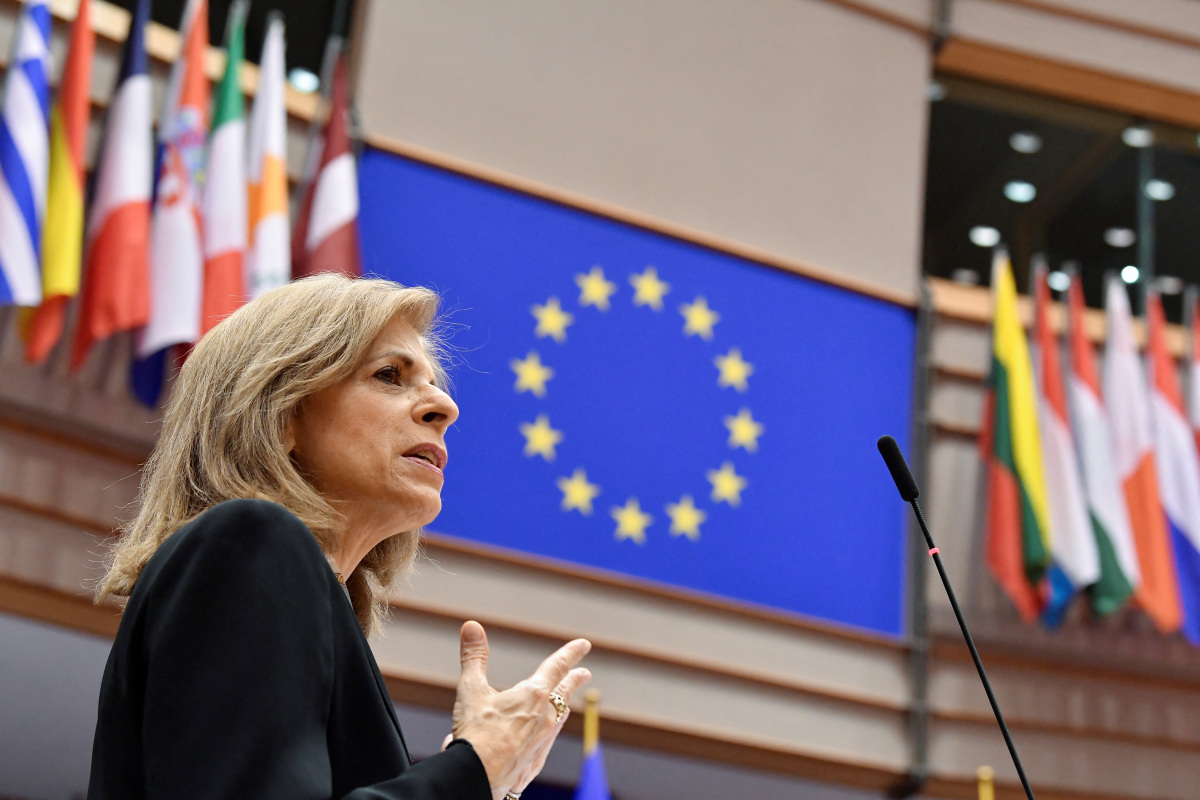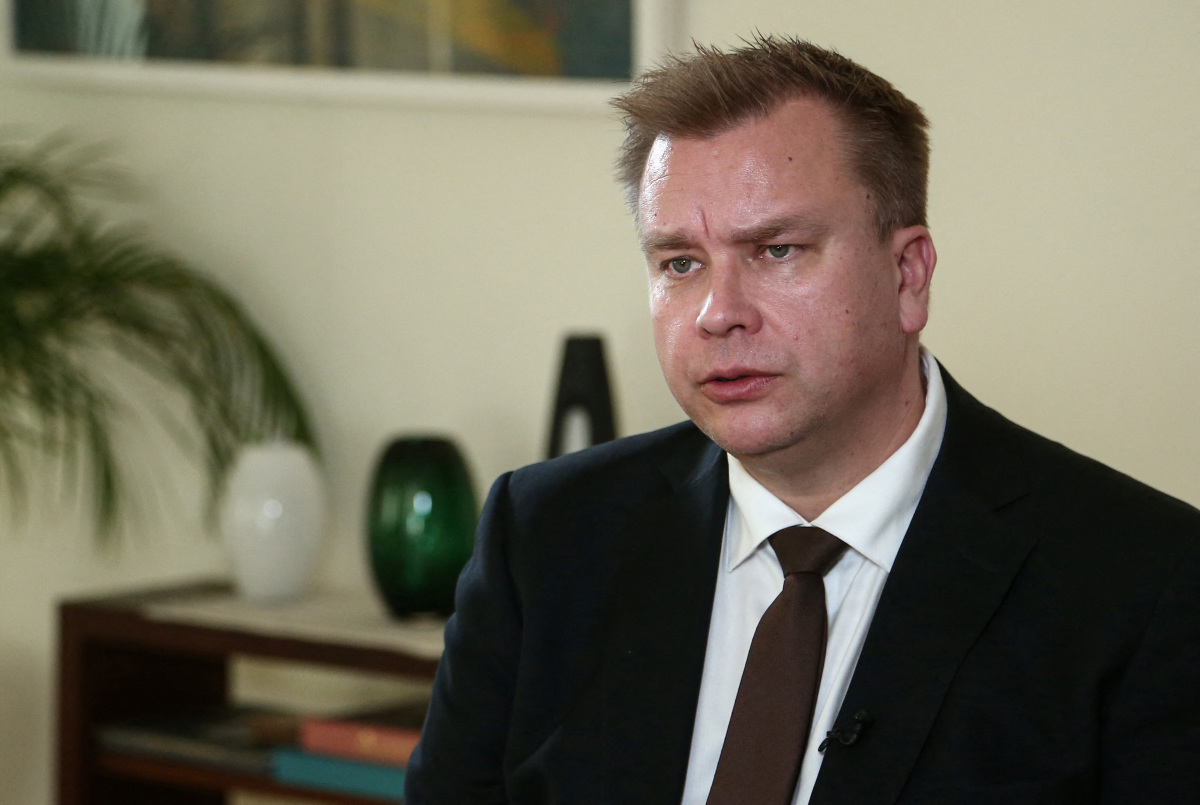Reuters
The EU Health Commissioner will on Friday propose extending the deadline for companies to comply with a new law regulating medical devices, she told Reuters on Thursday as doctors warn the legislation is causing shortages of lifesaving equipment.
Stella Kyriakides told Reuters that challenges in implementing the law were threatening supplies of critical devices, such as catheters used for surgeries on newborns with heart conditions.
“Our patients expect that medical devices are safe and of highest quality. We have made important progress to put in place new requirements for patient safety, but challenges still remain,” said Kyriakides in written emailed comments to Reuters.
“This is why, to mitigate any short-term risks, we will tomorrow announce an extension of the transition period to mitigate any risk of shortages.”
Kyriakides will make the proposal at a meeting of EU health ministers on Friday. She said in parliament last month she was considering amendments.
A Commission source said the extension will require an amendment to the law. Any legal changes would need to be approved by the Council and Parliament.
Kyriakides did not comment on how long the extension would be for.
The Medical Devices Regulation (MDR) came into effect last year and was introduced after the 2010 scandal of exploding breast implants manufactured by a French company that exploited loopholes to sell faulty products at profit.
It has more stringent requirements and higher safety standards than the directive it replaced.
Under the new law, all medical devices, from implants and prosthetics to blood glucose meters and pacemakers sold in the EU must be re-certified by May 2024.
A dozen doctors and manufacturers interviewed by Reuters say supplies of some products are running low even before the 2024 deadline.
That’s because certificates which last for five years under the old system are expiring and companies are struggling to get new ones under the new law. They say the new certification process is slow, cumbersome and costly.
“From the perspective of doctors, the situation is becoming more and more worrying. We are already seeing shortages of some essential medical devices, and in many cases alternative devices are missing,” Christiaan Keijzer, president of the Standing Committee of European Doctors (CPME), told Reuters.
He said that medical associations across Europe have reported problems with the supply of surgical instruments, especially in paediatrics, orthopaedics and cardiology, as well as other devices such as binocular endoscopes, silicone adhesives and blood collection items.
Data released by the Commission in a statement this week ahead of Friday’s meeting highlights the issue.
Manufacturers have submitted applications for around 8,000 devices, but less than 2,000 have been approved.
At that pace, only 7,000 certificates under the new system will be issued by the May 2024 deadline, the Commission said.
The Commission said there are about 23,000 certificates under the old system which will expire by May 2024 without an extension. About 4,300 of those will expire next year, it said.
Certificates cover multiple devices, making it hard to estimate the total number of products potentially affected.







